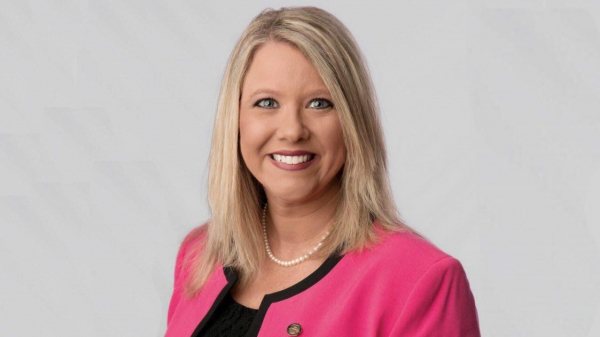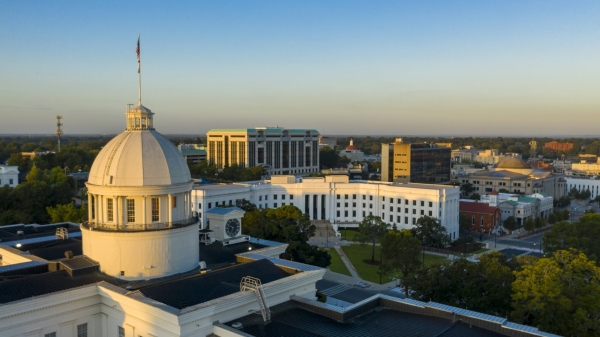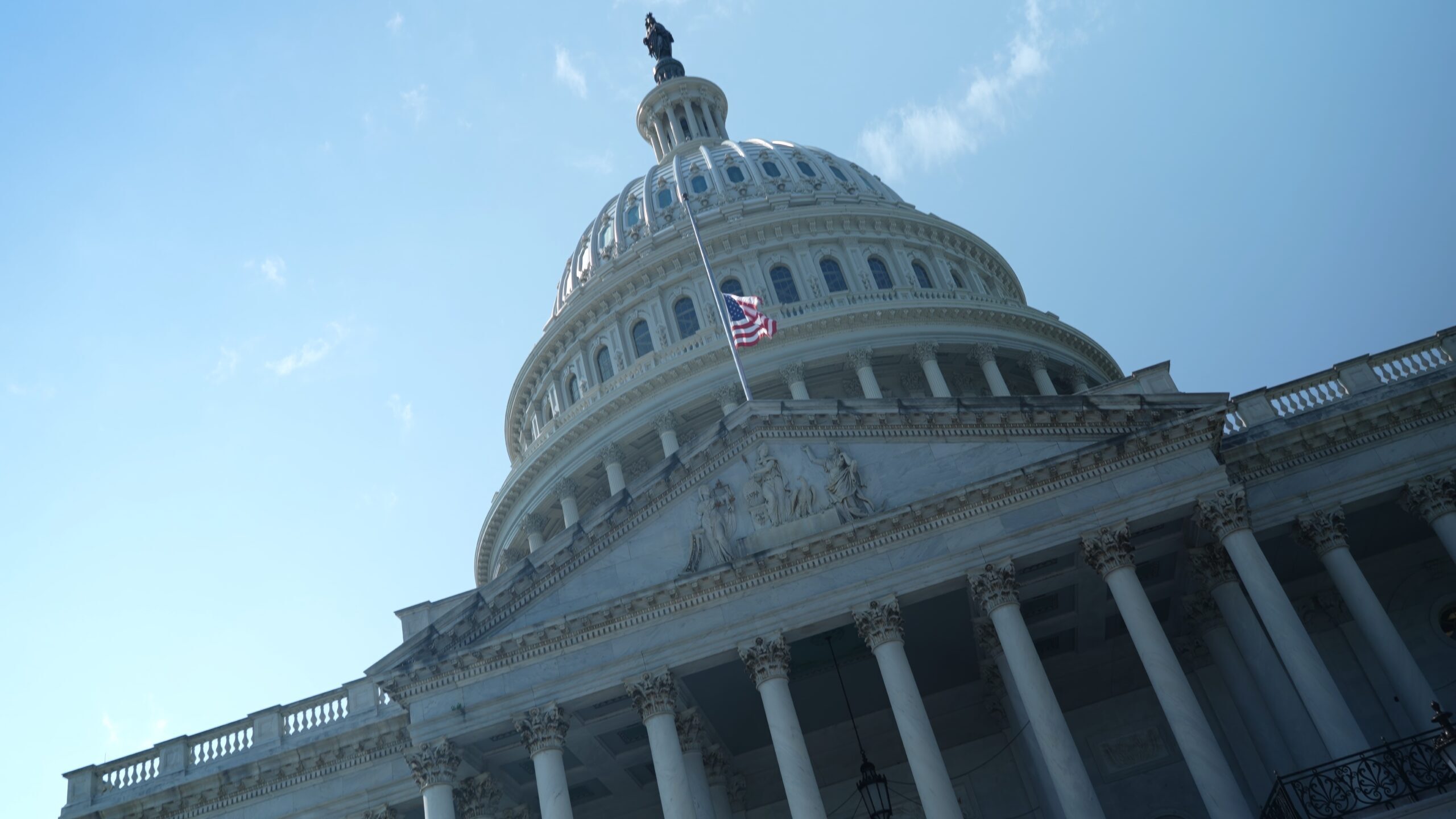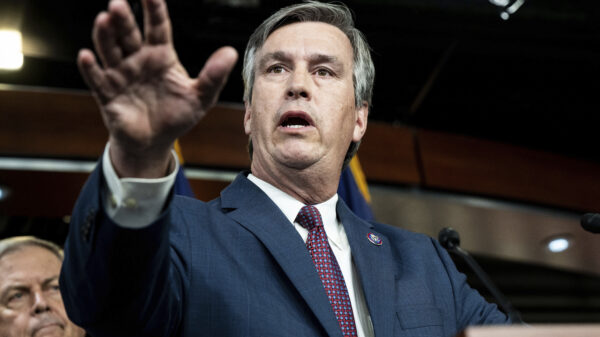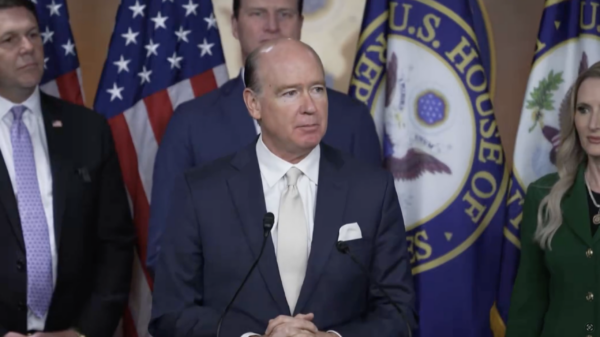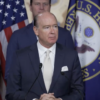Alabama’s congressional delegation weighed in online after the Republican-led House passed a short-term spending bill that later failed in the Senate on September 19, leaving the federal government on track for a potential shutdown when current funding runs out at the end of the month.
The measure, known as a continuing resolution, would have extended government funding through November 21 at existing levels. It also included provisions to maintain certain hospital programs, delay cuts to Medicaid disproportionate share hospital payments and continue telehealth and hospital-at-home initiatives.
Additional money was set aside for heightened security for lawmakers, executive branch officials and Supreme Court justices following the assassination of conservative activist Charlie Kirk.
House and Senate Republicans called it a “clean” stopgap, arguing it avoided partisan policy riders and gave Congress time to negotiate full-year appropriations. U.S. Senator Katie Britt said that Senate Democrats were “holding the government hostage.”
“Democrats know this is a ridiculous posture. If the government shuts down, they’ll have nobody to blame but themselves,” said Britt.
U.S. Representative Barry Moore voiced a similar outlook, saying it was clear that Senate Democrats “want a shutdown that will harm American families.”
Democrats in the delegation rejected the bill over its exclusion of health care provisions, particularly the extension of enhanced Affordable Care Act premium tax credits set to expire soon.
U.S. Representative Terri Sewell called the measure “an assault on our health care system,” saying Congress needed to pass a real budget rather than another short-term patch.
“The reality is, for millions of people, since this administration began its cuts, the government has been shutting down for them anyway,” said. U.S. Representative Shomari Figures.
The Senate vote to advance the House bill fell short of the 60 votes required. Democrats insisted that any funding extension must also address looming spikes in insurance costs and restore cuts to Medicaid. Republicans countered that additional provisions would politicize a measure meant only to keep the government open.
If no agreement is reached before October 1, the government faces a shutdown that could furlough federal workers, delay grants and contracts, and disrupt services. Hospitals in rural states like Alabama could be hit especially hard if stopgap protections expire.
For now, the delegation’s Republicans are pressing for a clean extension while Democrats continue to demand health care fixes.












